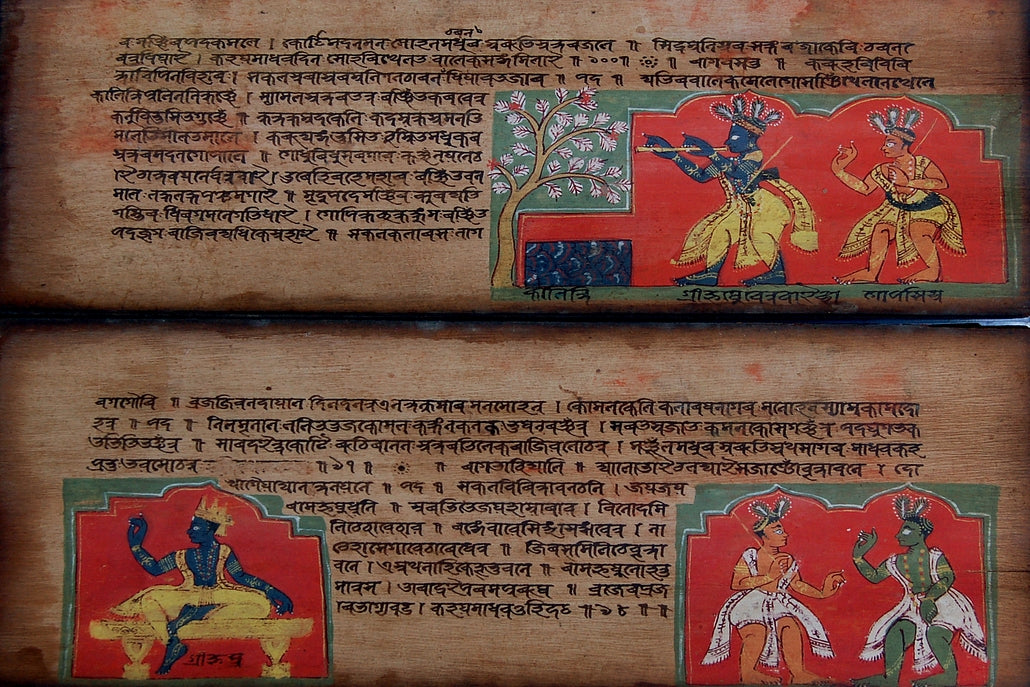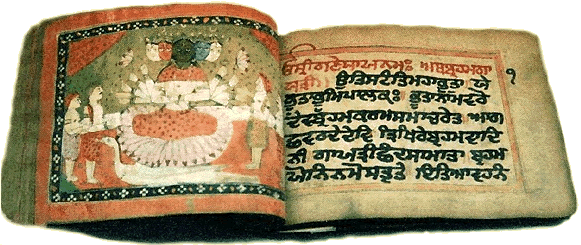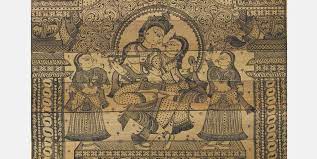
Common Themes and Parallels between Upanishads and Western Philosophies
The Upanishads, ancient philosophical texts of Hinduism, and Western philosophies have evolved independently in distinct cultural contexts. However, upon closer examination, one can find striking similarities and shared themes between these profound bodies of philosophical thought. In this blog, we explore the common themes and parallels between the Upanishads and Western philosophies, showcasing how diverse cultures have converged on fundamental aspects of human existence and the nature of reality.
- Metaphysical Inquiry: Nature of Reality
Both the Upanishads and Western philosophies explore the nature of reality and the fundamental constituents of existence. The Upanishads delve into the concept of Brahman, the ultimate reality that underlies all creation. Similarly, Western philosophical traditions, such as Greek philosophy and metaphysics, contemplate the nature of being and reality through the study of principles like substance, form, and causality.
- Self-Knowledge and Self-Realization
The Upanishads place great emphasis on self-knowledge (Atma-jnana) and self-realization as the pathway to spiritual liberation (Moksha). This pursuit of understanding one's true self (Atman) parallels Western philosophies like Socratic philosophy, which advocates for self-awareness and introspection as the key to wisdom and a well-lived life.
- Unity and Non-Duality
A central theme in the Upanishads is the concept of non-duality (Advaita), emphasizing the oneness of individual consciousness (Atman) and the universal reality (Brahman). This idea finds parallels in Western philosophical thoughts, such as the Stoics' notion of the interconnectedness of all things and the ideal of unity in Neoplatonism.
- Skepticism and Questioning
Both the Upanishads and Western philosophies embrace skepticism and encourage the questioning of assumptions. The Upanishads promote Jnana Yoga (Yoga of Knowledge), where seekers engage in rigorous inquiry to discern the ultimate truth. Similarly, Western philosophies, like Socrates' method of dialectics, encourage critical thinking and questioning as a means of seeking wisdom and understanding.
- Transcendence and Immanence
The Upanishads explore the concepts of transcendence and immanence, describing Brahman as both beyond the material world and immanent within it. Similarly, Western philosophies, such as the concept of the divine in Neoplatonism and Christian theology, contemplate the relationship between the transcendent and immanent aspects of the divine.
- Ethics and Virtue
Ethical and moral considerations are integral to both the Upanishads and Western philosophies. The Upanishads stress the importance of righteous action (Dharma) and selfless service (Karma Yoga) for spiritual growth. In Western ethics, various traditions, such as Aristotelian ethics and Kantian deontology, explore the principles of virtue and moral duty as essential for leading a virtuous life.
Conclusion
Despite originating in vastly different cultural and historical contexts, the Upanishads and Western philosophies share common themes and parallel ideas. From metaphysical inquiries about the nature of reality to the pursuit of self-knowledge and self-realization, these philosophical traditions converge on fundamental aspects of human existence and the quest for truth.
The themes of unity, skepticism, and ethics resonate across these philosophical systems, reflecting universal concerns and aspirations of humankind. The exploration of transcendence and immanence underscores the interplay between the material and the spiritual realms.
The commonalities between the Upanishads and Western philosophies highlight the universality of philosophical inquiry and the shared human quest for understanding the deeper truths of existence. These parallels offer a testament to the profound capacity of human intellect to seek wisdom, inquire about reality, and find common ground despite cultural and historical differences. Embracing these similarities can lead to a richer appreciation of the diverse philosophical traditions that have shaped human thought throughout history.
By Nishita Khanna
(The images used in this blog post are not owned by Anime Devta, they are just to help the readers)

